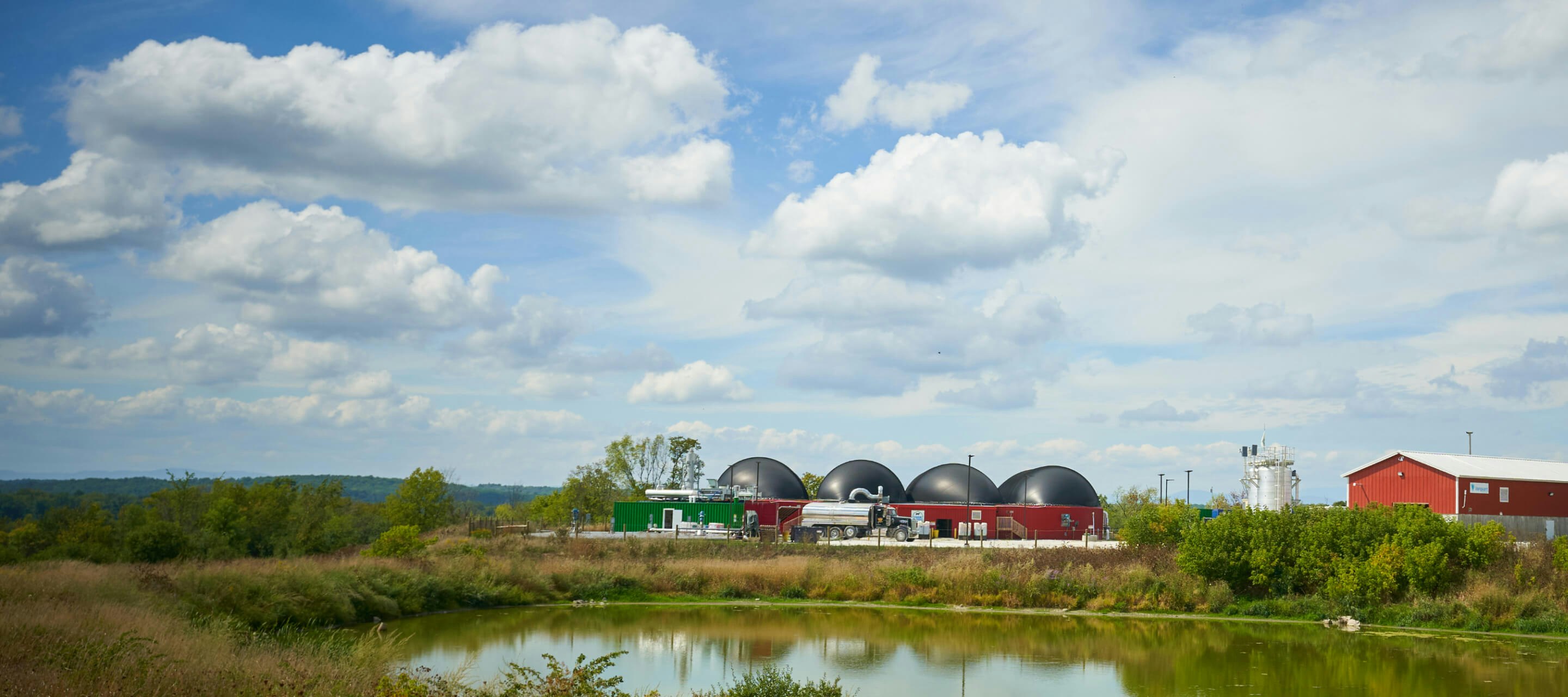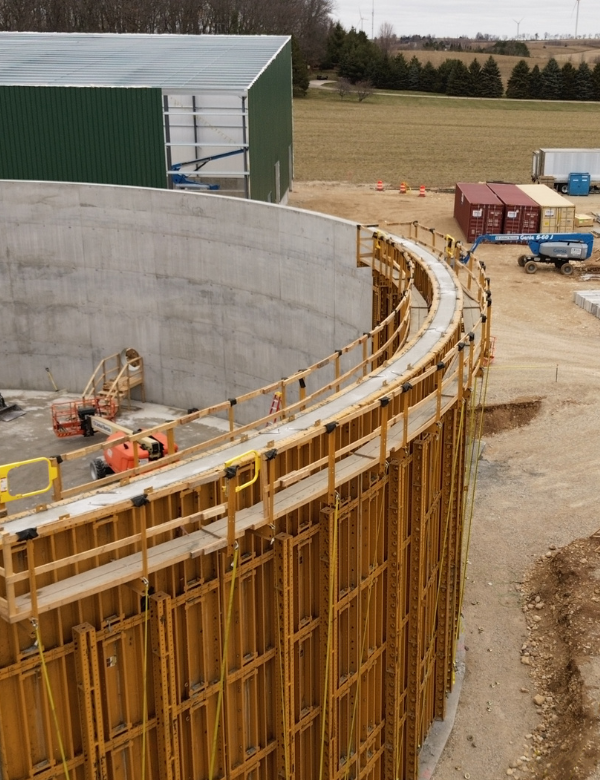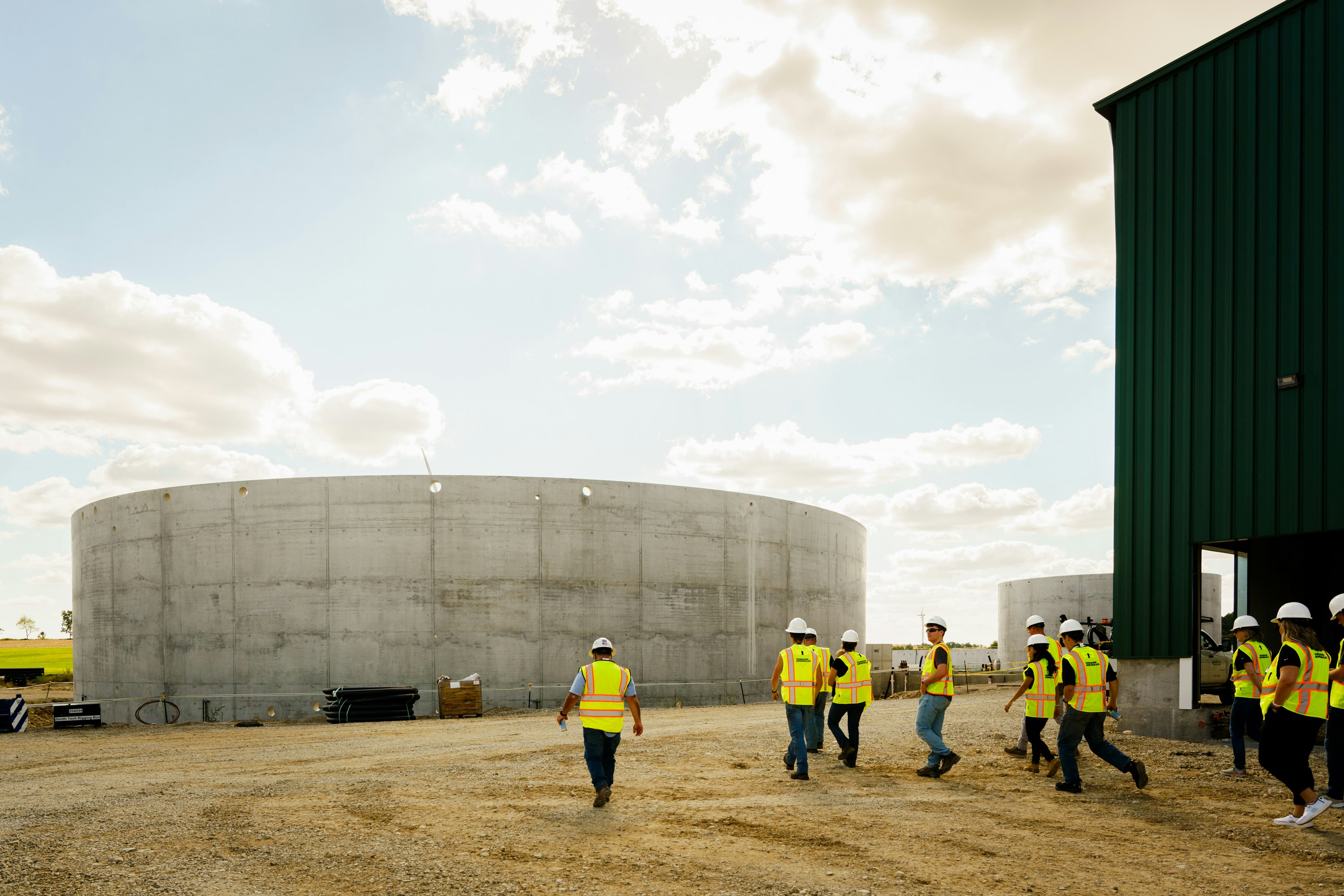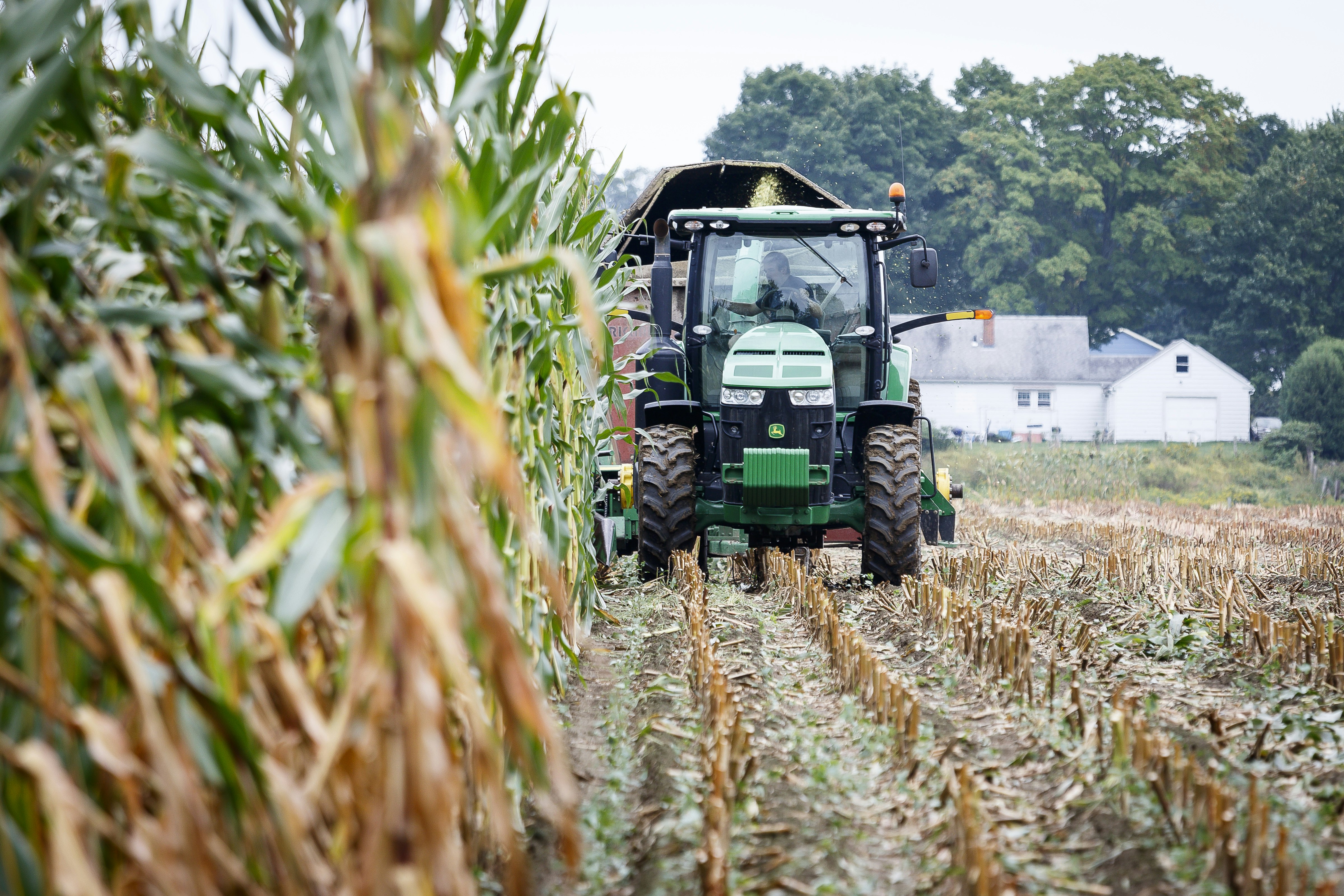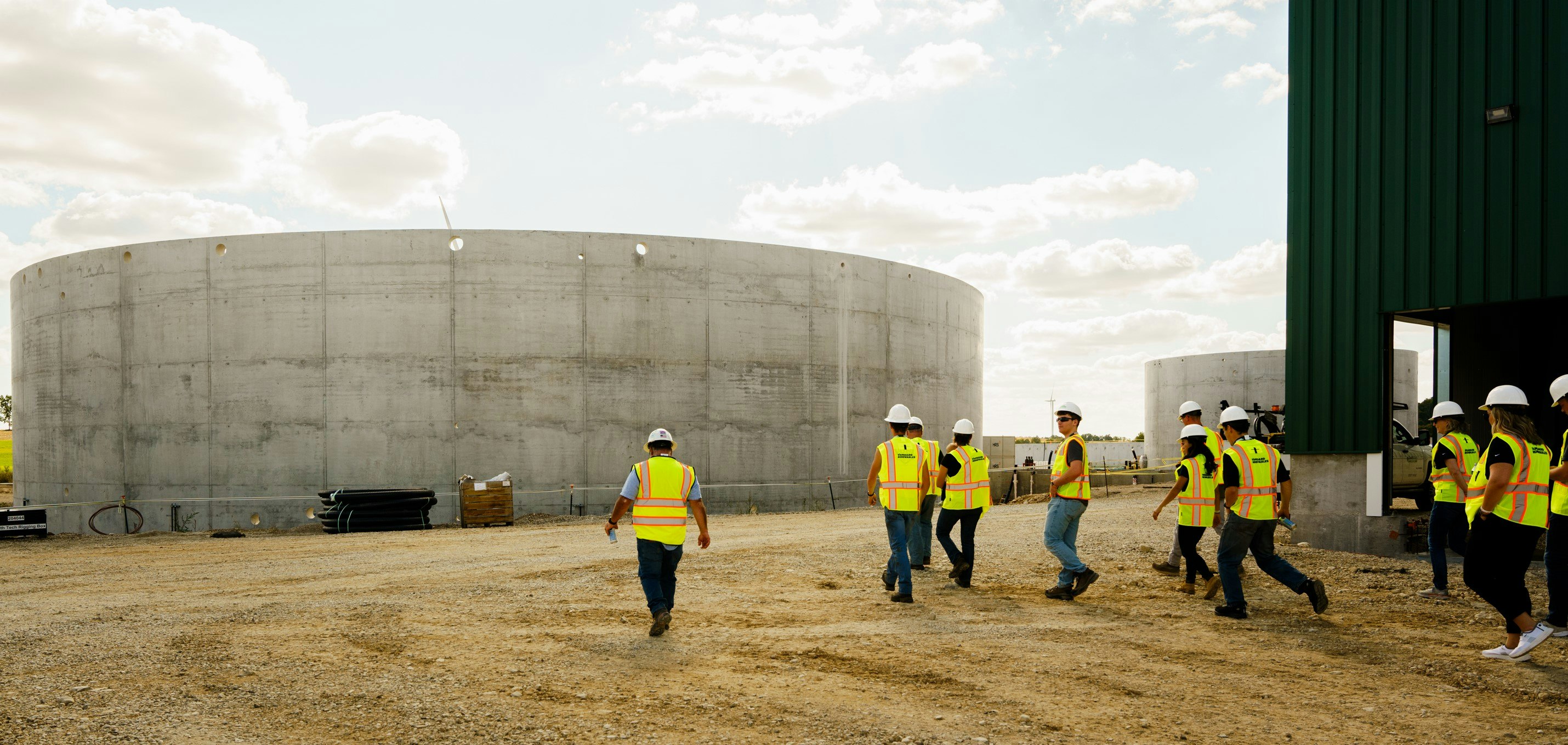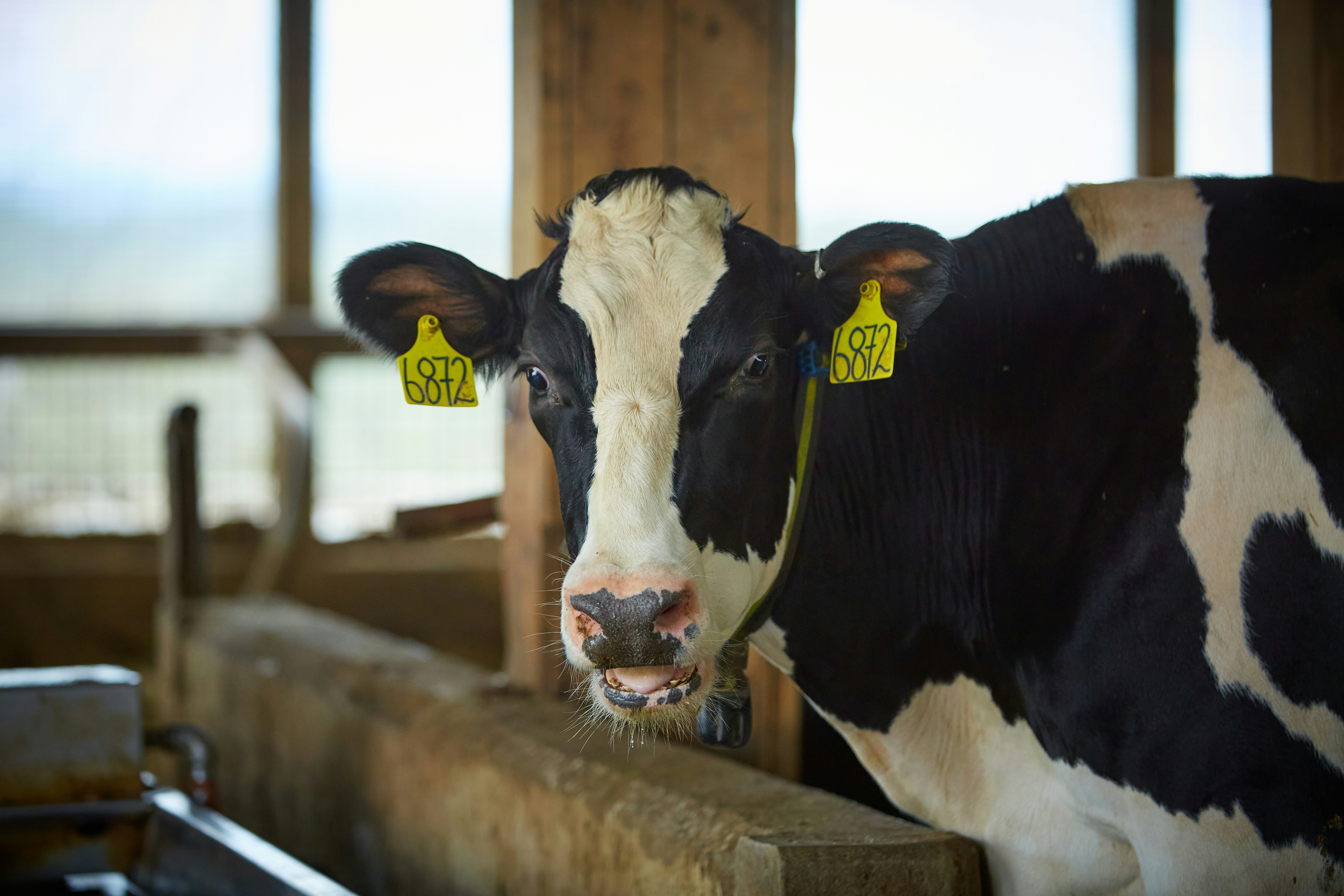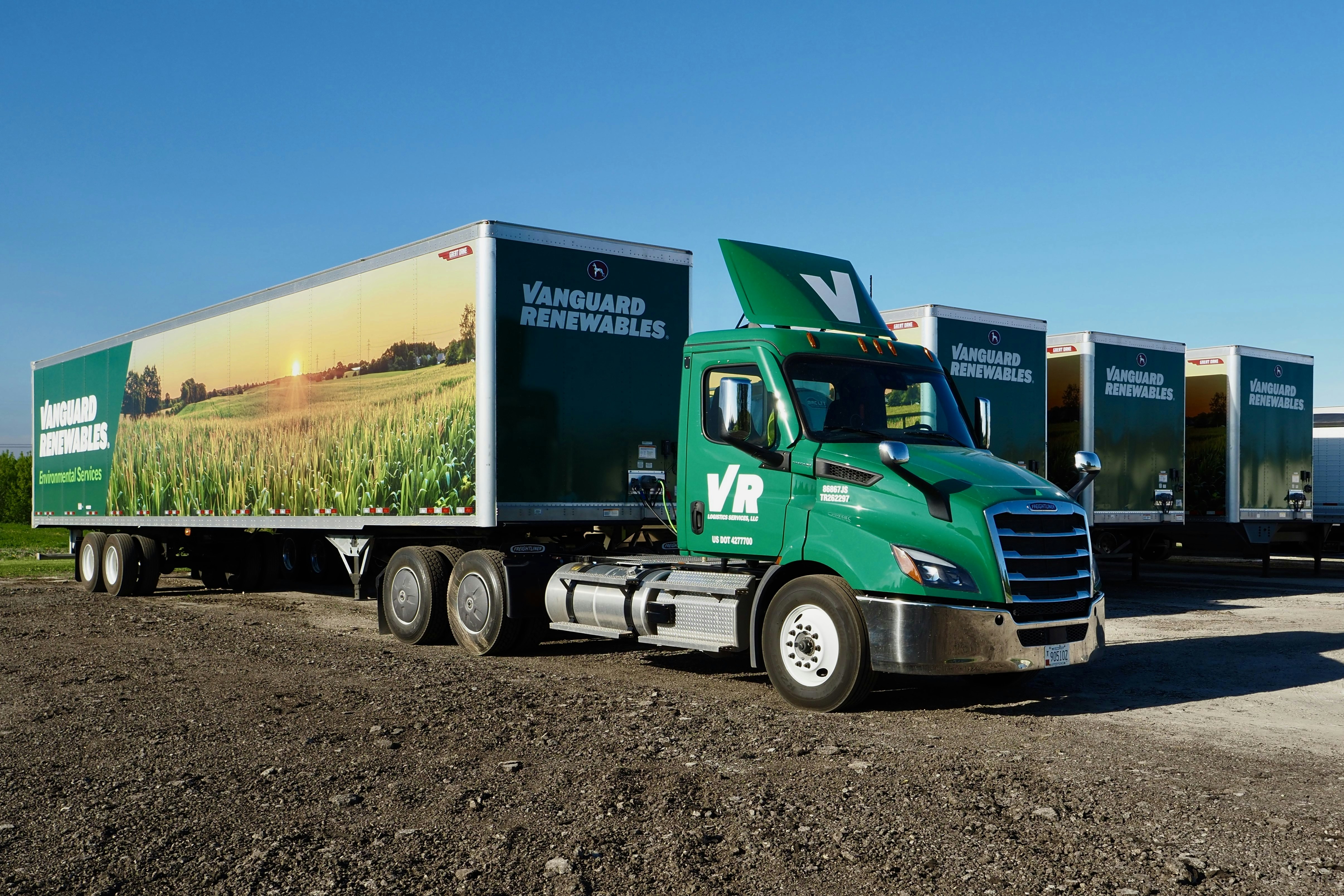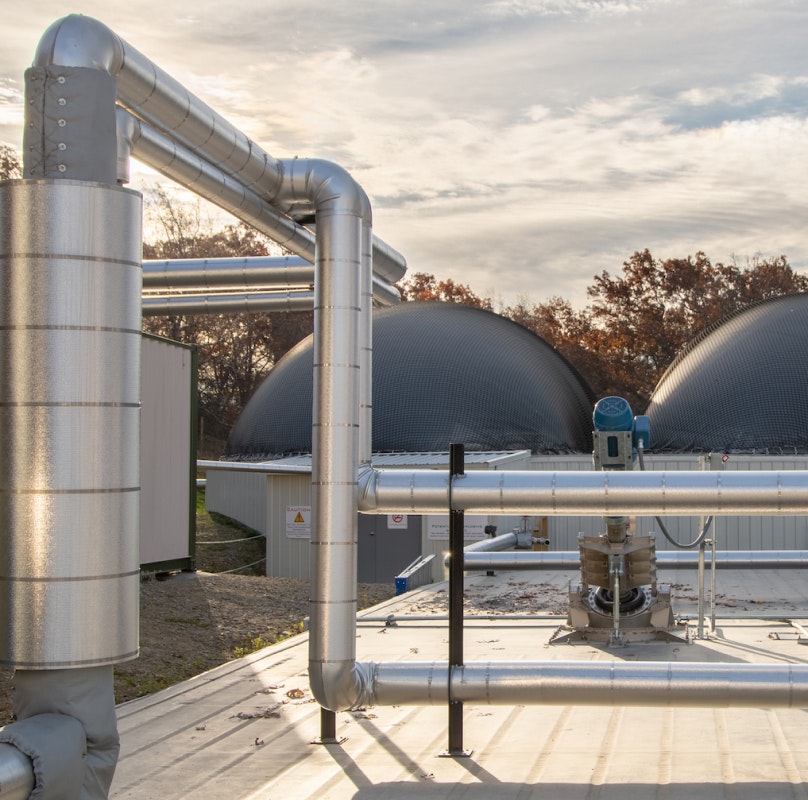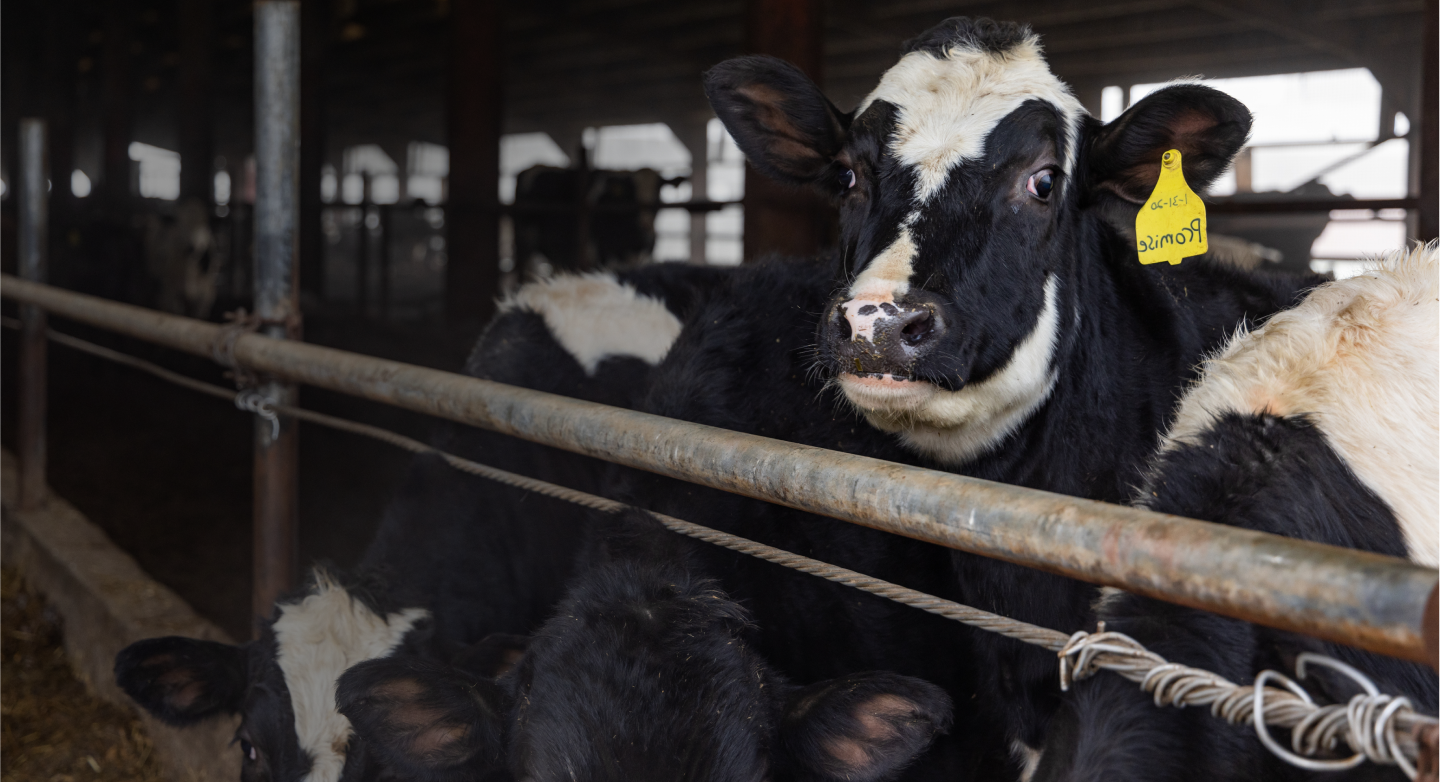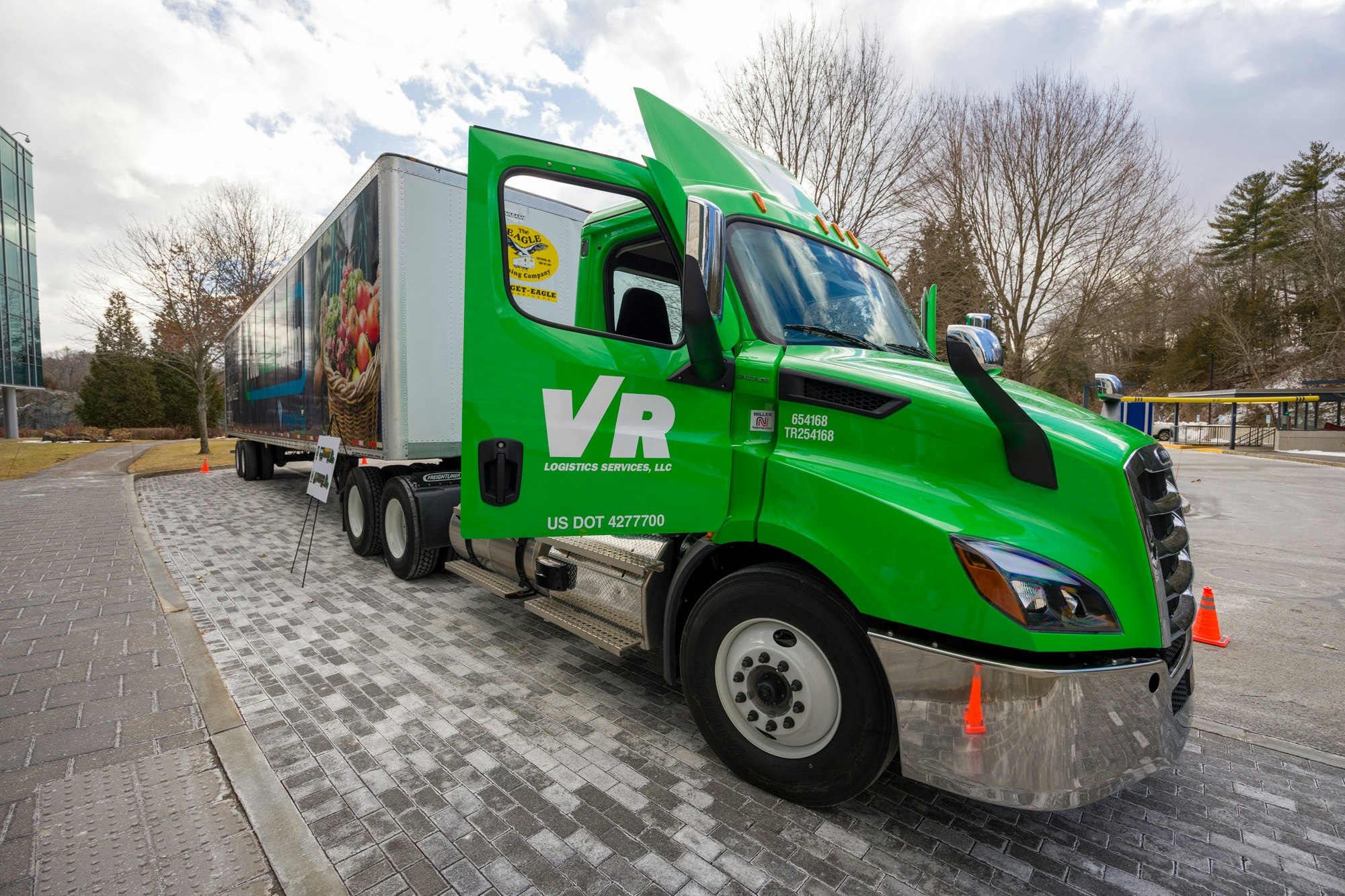News
All News

April 30, 2025
Vanguard Renewables Announces Decision to Withdraw from West Jefferson, OH Project Due to Feedstock Supply Movement in the Region
Read More

December 17, 2024
Vanguard Renewables Appoints Michael O’Laughlin as Chief Executive Officer
Vanguard Renewables®, a leading environmental services company that converts organics to renewable natural gas, announced today the appointment of Michael O’Laughlin as Chief Executive Officer.
Read More

December 4, 2024
Vanguard Renewables Expands Leadership Team to Strengthen RNG Supply Effort
Vanguard Renewables®, a leading renewable natural gas producer, is pleased to announce additions to its Renewable Natural Gas (RNG) Supply team.
Read More

October 30, 2024
Campus Sustainability Month: A Focus on Food Waste Recycling at New England Colleges and Universities
October is recognized as Campus Sustainability Month by The Association for the Advancement of Sustainability in Higher Education (AASHE), an initiative designed to engage and educate students, faculty, and staff at colleges and universities about sustainability and climate action.
Read More

October 23, 2024
Vanguard Renewables Breaks Ground on its First Organics-to-Renewable Gas Facility in Virginia
Vanguard Renewables, a portfolio company of Global Infrastructure Partners (GIP), a part of BlackRock, today held a groundbreaking ceremony for its newest renewable natural gas project at The Moyer Family’s Oakmulgee Dairy Farm in Amelia Court House, VA.
Read More
Contact
For media/press inquiries, reach out to:
Email: [email protected]
